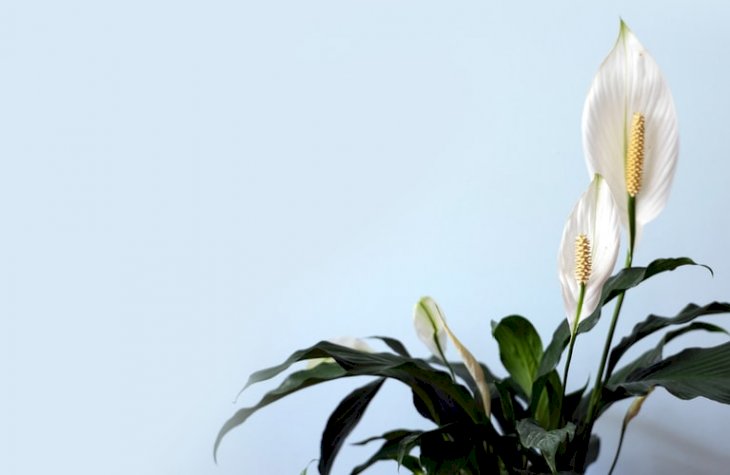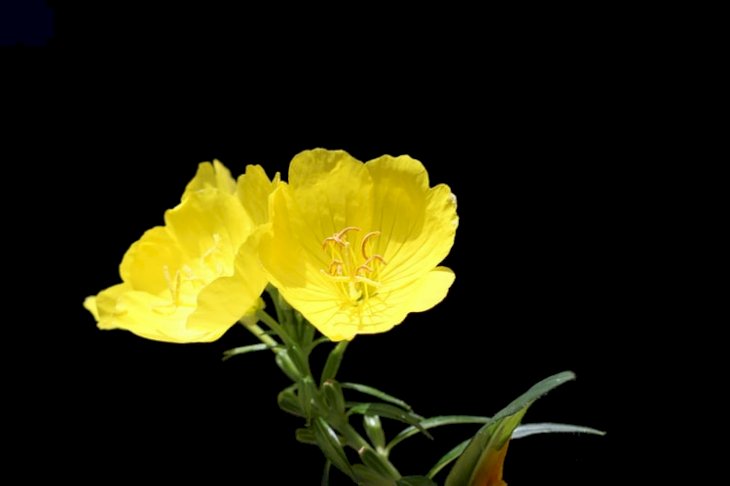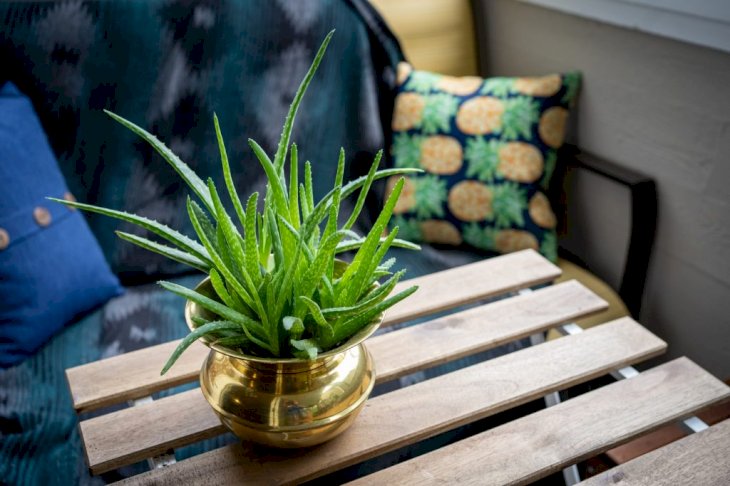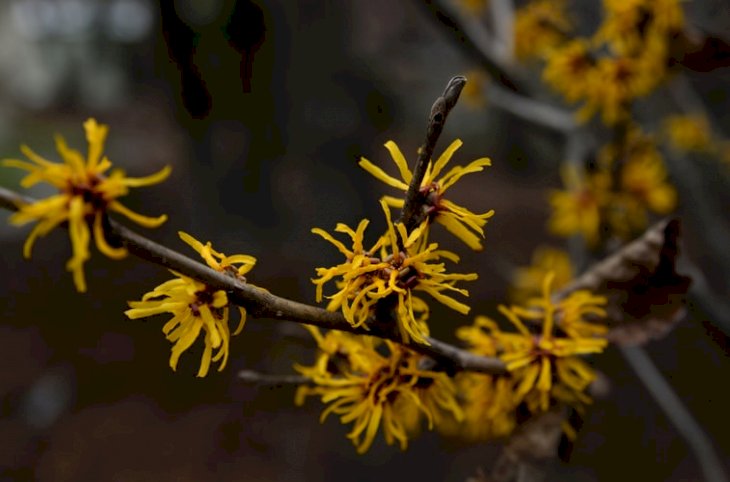
Our Pick: The Best Skin Safe Houseplants
Instead of spending a lot of money on creams, serums, or face oils, as usual, take a trip to the flower shop and get yourself a houseplant, as these have been known to benefit the skin significantly. This happens because plants tend to balance the moisture in the air.
Don't believe us? Well, science has backed it up! The study by scientists from the UK's University of Reading collaborated with the Royal Horticultural Society and published it in Air Quality, Atmosphere & Health.
We all know that plants need carbon dioxide for photosynthesis. As soon as they widen their tiny stomata in the leaves to breathe in the CO2, they simultaneously lose water through evaporation, which improves the humidity in the apartment. We have made a list of some of the best house plants that are safe for the skin.
Peace Lily

Photo by Bellava G on Unsplash
This plant transpires the most and thus significantly improves the humidity. It is a simple and affordable way to reduce the dry air in rooms and relieve symptoms such as dry skin.
Lavender

Photo by Anastasia Shuraeva on Pexels
The aromatic scent has been proven to have a calming and relaxing effect as well as against nervousness. The anti-inflammatory and antiseptic effects relieve insect bites and abrasions, as well as eczema and rashes.
Evening Primrose

Photo by james jeon on Unsplash
The seeds of this biennial plant have a special healing effect. They contain a lot of valuable oil with gamma-linolenic acid, which has a very positive effect on eczema, neurodermatitis, general skin complaints and rheumatic diseases.
Utilizing an oil extract from the grated seeds, you can make day creams, body lotions, or ointments that you care for yourself.
Aloe Vera

Photo by Alexandra Tran on Unsplash
The well-known houseplant is undemanding and resilient as it comes from the tropics and subtropics. The slimy gel that escapes when you cut it has valuable ingredients and can therefore also be used for natural cosmetics.
For all skin injuries, especially burns, the gel has a cooling and pain-relieving effect and at the same time promotes the healing of the wound. Their anti-inflammatory and antiseptic effects are also used for neurodermatitis, psoriasis and eczema.
Witch Hazel

Photo by Laura Ockel on Unsplash
You can use the parts of the witch hazel for extracts and ointments. Her plant substances work against itching and burning or weeping areas of the skin. They also stop minor bleeding and promote wound healing.